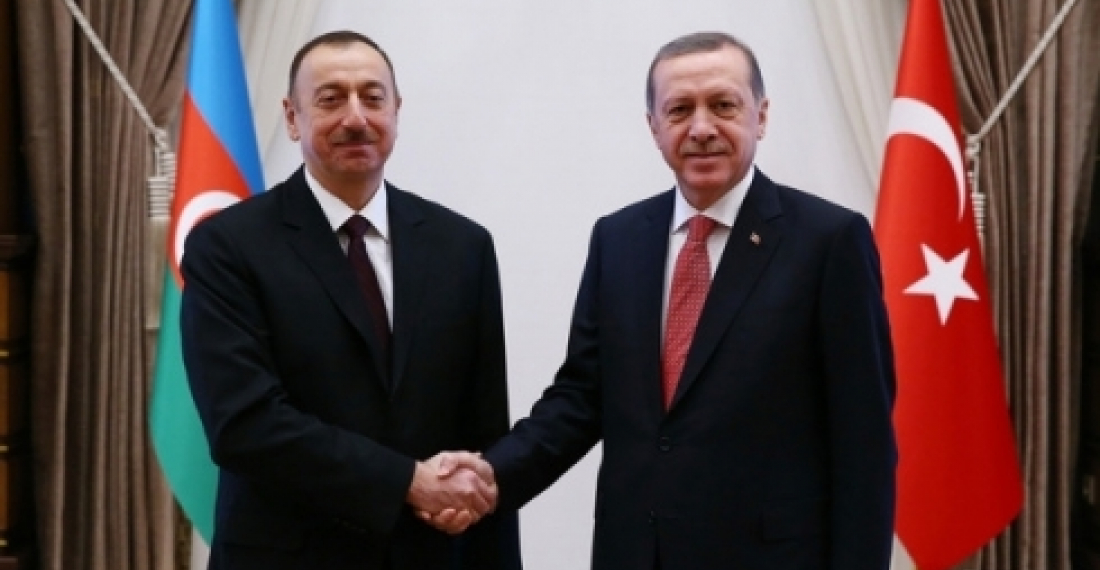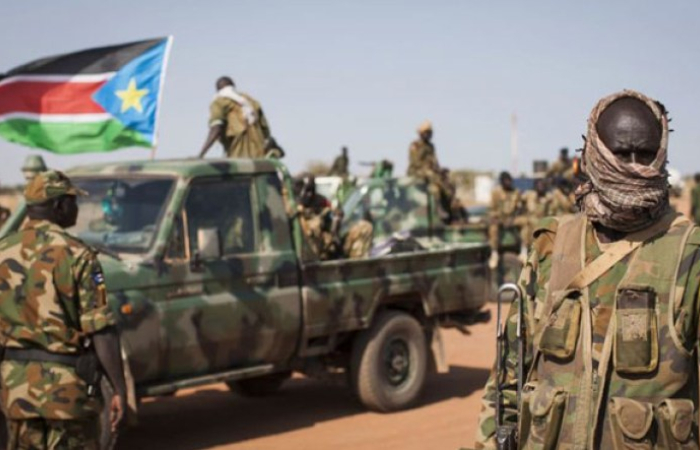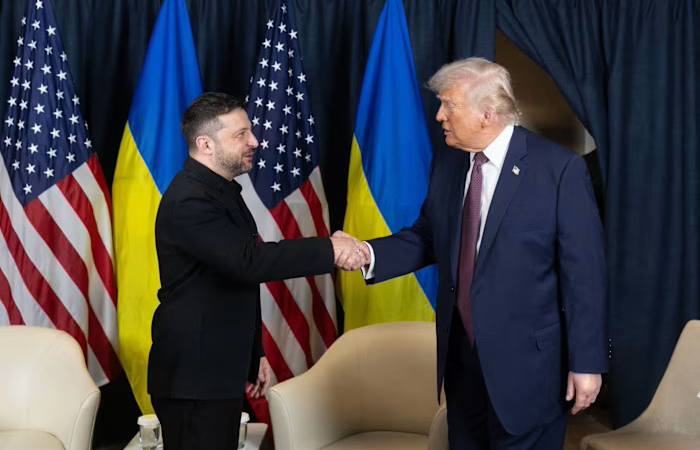Commenting on the talks to find a solution to the Karabakh conflict, the Head of the European Union Delegation to Azerbaijan, Ambassador Roland Kobia said that whilst it was dissapointing that there was lack of progress in the Kazan meeting between the Presidents of Armenia, Azerbaijan and Russia on 24 June but added that the European Union wants "the process to continue and would not like to think that it has failed."
He acknowledged that progress had not been made at the meeting in Kazan on 24 June. "But this does not mean that the whole process has failed. Of course, the lack of progress at the Kazan meeting is disappointing, but later there was the meeting in Sochi which, I heard, took place in a very positive atmosphere," Kobia said, referring to the meeting of the Russian and Azerbaijani presidents in Sochi on 9 August.
source: news.az/APA/Interfax Azerbaijan
photo: courtesy of the EU Delegation to Azerbaijan.







